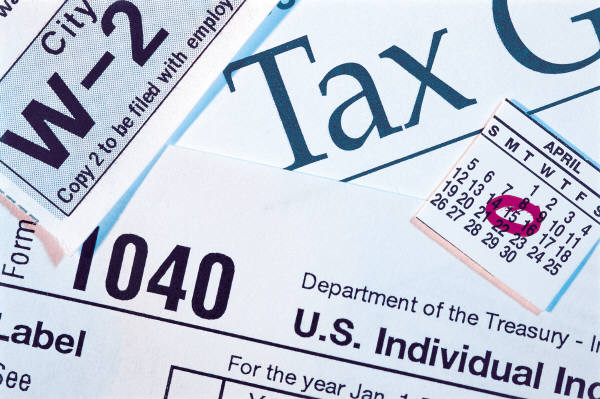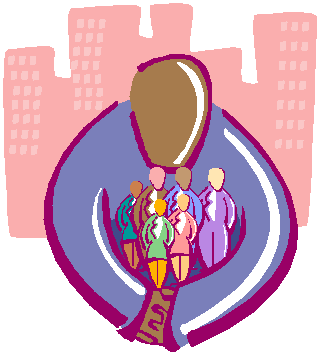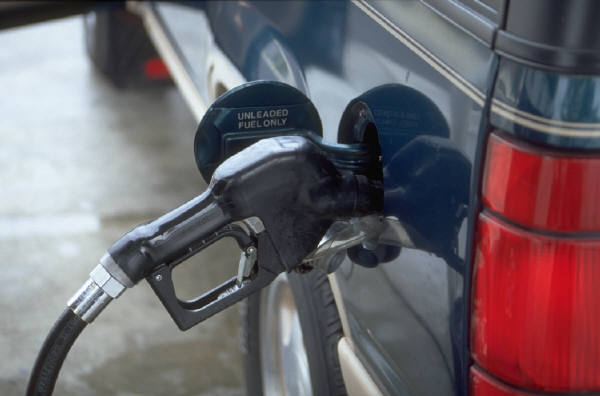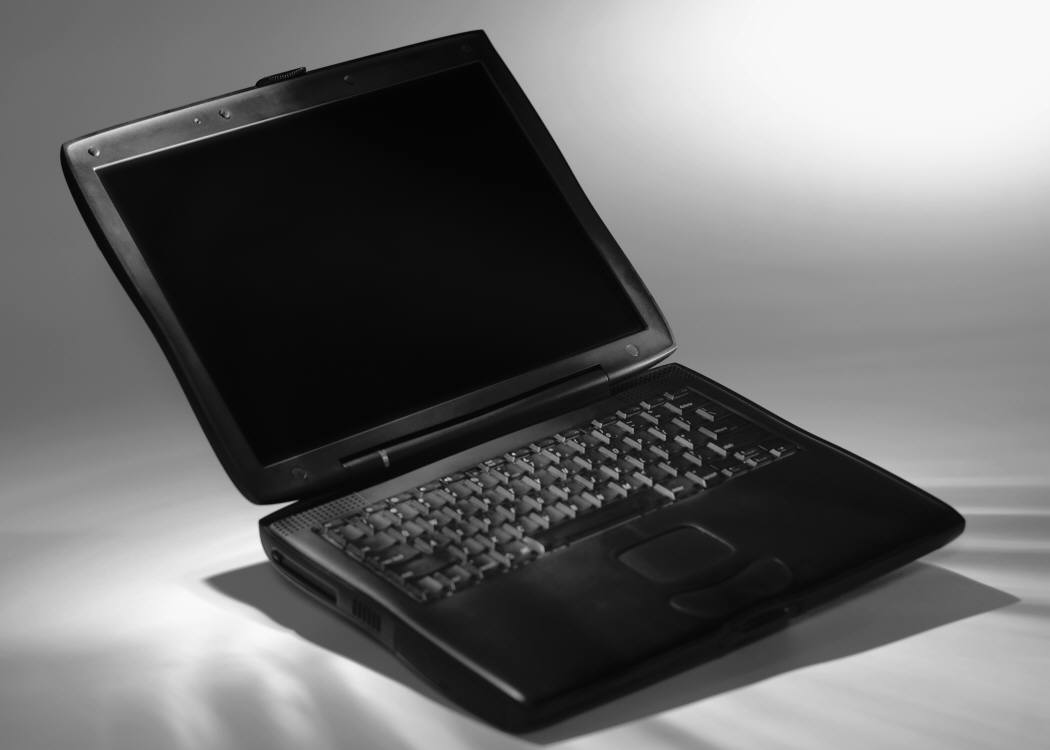
Davie Hurricane Relief.org

A private effort to enhance communications before and after hurricanes and other emergency events
Ideas and Innovations
An Urgent Call for a Renewed National Hurricane Mitigation Project
Ambitious Study of Hurricanes Underway At University of Miami
Amend IRS Forms 1040, 1040A and Form 1040EZ To Designate Tax Dollars For Municipal Disaster Funds
 December
6, 2005- Each year, millions of tax payers are given the same option on
their individual income tax return forms. The forms state, "Presidential
Election Campaign." "Check here if you, or your spouse if a joint return,
want $3 to go to this fund?" Checking this option for you or your spouse
designates $3 of your payable taxes to go to the Presidential Election Campaign
Fund, which was set up to help with campaign finance reform. According to
the "Ernst & Young Tax Guide 2006," checking "yes" does "not change the
tax you pay or the refund you will receive."
December
6, 2005- Each year, millions of tax payers are given the same option on
their individual income tax return forms. The forms state, "Presidential
Election Campaign." "Check here if you, or your spouse if a joint return,
want $3 to go to this fund?" Checking this option for you or your spouse
designates $3 of your payable taxes to go to the Presidential Election Campaign
Fund, which was set up to help with campaign finance reform. According to
the "Ernst & Young Tax Guide 2006," checking "yes" does "not change the
tax you pay or the refund you will receive."
In the many reflective moments Americans have spent contemplating the 2005 Hurricane Season, many voices have suggested the creation of catastrophe or disaster funds. Since much of the recovery burden falls on all levels of government, it seems only right that the IRS and the Congress consider adding a new check off box, for just a $1 per tax payer, to designate that monies will go to a federally managed fund to help local municipalities in the effort to raise revenues to support local disaster relief resources. The collected funds could be distributed to the local government where the tax payer lives, thus providing an annual mechanism to build up emergency relief funds for use only when a Presidential disaster declaration is issued. This would ease the burden on municipal budgets which are often ill equipped to handle the massive and overwhelmingly expensive costs of clean up and relief, and the attendant uncertainties of federal reimbursement.
Providing an option for taxpayers to designate $1 of their taxes to a federally distributed catastrophe fund, which aids cities and towns, has the potential to raise millions of dollars each year. When disaster stays away, the funds, which would be protected by federal law so they are not used for other pressing needs, could speed up municipal response and help insure fiscal integrity in the face of future hard times, post disaster.
In other words, we can all participate in a painless and relatively easy national savings account for local disaster response.
If you are interested in this topic, please let us know. Our e-mail address is mac0202@bellsouth.net.
Encourage Homeowners to Open Homes to Hurricane Victims with Property Tax Credit

November 3, 2005- Each day since Hurricane Wilma struck this area, the human toll rises. As mobile homes, condominiums, homes and apartments are deemed too unsafe to use, there is simply no place to house residents displaced by the storm. Some are in shelters. Others sleep in their cars, or tents. The Town of Davie, by one recent educated estimate, needs up to 600 trailers and temporary mobile homes, just to house it's displaced residents. There is a report this morning that about 400 trailers will be sent to all of Broward County by FEMA. The housing crisis is worsening hour by hour. We don't have weeks or months to tackle this problem.
One idea that should be seriously considered by the Broward County Commission is affording property tax relief, in the form of a credit, to homeowners who open their homes to displaced residents on a temporary basis. After Katrina, there were many examples of families making homes for other families, around the nation. While some of that may be happening now locally, the County government should consider an active campaign to encourage neighbors to help the displaced and open their undamaged homes for a month or more until this housing nightmare is at least partially addressed by the Federal and State Government. The opportunity to receive a property tax waiver or credit might be just the key to kick starting at least one solution to this crisis.
Broward County has taken in a tremendous amount of unanticipated property taxes given recent years of increased property valuation. The impact on the County budget of a property tax credit or waiver for those participating in a housing relief effort may be minimal, but the impact of such a program could be a life saver for many. Participants in this kind of program could be required to permit verification of their relief efforts.
As we search for immediate solutions to the burdened shelters and the increasing amounts of homeless, the answer may be right in front of us. If the hotels and motels cannot absorb the burden, if FEMA is unable to get a sufficient number of trailers or temporary mobile homes here as fast as needed, the Broward County Commission should seriously consider this proposal.
If you are interested in discussing this idea, please write the Editor at mac0202@bellsouth.net.
Posted 11.3.05 @ 9:36 a.m.

Give Gas Station Owners Incentives to Add Generators as Standard Equipment
Lessons are already being learned in the immediate aftermath of Hurricane Wilma. With ample fuel supplies in the ground and at Port Everglades ready for distribution, the major impediment has been the lack of electrical power to pump the gas. While some gas and diesel stations were forward thinking and had generators at the ready for electrical power service interruptions, most did not have a generator available. The result...the longest and costliest post hurricane transportation gridlock in the history of South Florida. Now the Federal Emergency Management Agency (FEMA) is being asked to furnish generators, but this request is very late. Vehicles have lined up for miles, tempers have flared, the economy has been severely impacted, and in some cases, urgent trips for medical care and employment have been curtailed.
The Federal and State governments should consider tax incentives to help all service station owners have an emergency generator ready in times of need. The generators should be inspected by the State of Florida each time the pumps are inspected.
The transportation crisis occasioned by Hurricane Wilma was totally preventable, and can be avoided in the future.
Posted 10.27.05
UPDATE: 10.31.05- The Sun-Sentinel reported on its web site today that Governor Jeb Bush is contemplating whether Florida statutes should mandate generators to help dispense gas and fuel in the aftermath of disasters that cut off power to service stations. Legislation has been proposed to require all service stations to have generators by December, 2007, according to the paper.
UPDATE: 11.8.05- Local municipalities, including the Town of Davie, are considering ordinances requiring generators at gas stations.
UPDATE: 11.13.05- Sun-Sentinel reports Cooper City is looking into requiring generators at gas stations. Even with a change in the City's local ordinances, an agreement has already been reached with at least one gas station. The paper reports the Mayor of Weston has suggested Broward County and the State of Florida should explore the issue. Town of Davie Mayor Tom Truex was reported by the media outlet to state the issue would be researched as an option.
Wireless Solutions When Cellular and Land Line Telephone Services Are Disrupted In the Aftermath of Hurricanes

Following Hurricane Katrina, the use of wireless networks has proven a vital and compelling communication link when regular and cellular telephone service is disrupted. Reported by CNN.com on October 6, 2005, shelters in the northern part of Louisiana were linked by rapidly constructed wireless networks set up by volunteers, the military and corporate efforts. While usual telephone links were unable to provide communications, these "ad hoc" wireless networks reportedly re-united survivors and enhanced relief projects even in areas where electrical power was disrupted.
The wireless equipment, CNN reports, does not need traditional phone systems to function. Instead, the internet is used to carry voice, instant messages and e-mail traffic. Dubbed "spontaneous wireless networks" by CNN, those interested in disaster planning are focusing on coordinated deployment of internet enabled wireless systems rapidly and efficiently in times of urgent need.
Katrina affected cable TV and cable internet links as well as phone services. A traditional private emergency response in times of hurricane rescue and recovery has been amateur radio, which over the years, have been a vital link to the outside world. As amazing as the heroics of ham radio operators have been in the modern history of hurricane relief and other major disasters, the use of communications equipment is limited to those licensed by the Federal Communications Commission to operate amateur stations and those possessing such specialized equipment. With the advent of voice over internet protocol (VOIP) telephone technology and the proliferation of wireless internet technologies, we have entered a new phase in emergency planning and post disaster communications.
Wireless equipment reportedly arrived in the Gulf from points around the United States after the storm passed without a nationally coordinated effort. This enabled, according to CNN, the rapid construction of wireless networks. Major corporate contributors such as Bell South and Intel reportedly helped the initiatives, according to the internet article. Even without approval from the Federal Emergency Management Agency, wireless construction teams went into some affected areas and began to link hard hit parishes and counties with the rest of the world...and made a significant difference. In another article published on October 6, CNN.com reported the efforts of Mr. Mac Dearman, who, using this technology, reunited contact between eleven families in just one day by use of wireless technology. CNN reported he did this with donated equipment and volunteer labor. This emerging form of emergency communications assisted in locating displaced individuals and in linking with them with insurance company claim centers. Days and weeks of a communication disconnect were avoided in those areas empowered by the wireless systems.
Internet phone technology is available now, and is a tool that must not be overlooked in disaster planning. Wireless networks can provide digital photographs and video of areas that would otherwise be invisible to the rest of the nation in the hours and days following a major destructive event.
South Florida should be involved in planning high speed, wireless internet services to facilitate emergency communications for use in post hurricane scenarios. If you would like more information on this topic, of have ideas on how to implement such systems locally, please contact the Editor of DavieHurricaneRelief.org at mac0202@bellsouth.net.
CONSIDER POST HURRICANE SIGNS FOR ALL DAVIE STRUCTURES
![]()
![]()
In the aftermath of a hurricane or other disaster, electric power may not be an option. Access to the internet could be deprived for days. Registering on the FEMA website or sending e-mail are not likely to be possible except in certain pockets of the community which might have power. An immediate and simple solution is needed. Each Davie structure should be equipped with a green or red sign...to be posted in plain view on the exterior of the building in the aftermath of an event by those inside. "Red" means help is needed immediately. "Green" means no urgent attention is required. Town staff, volunteers and First Responders touring the affected areas to survey damage and immediate needs would have a simple yet effective means of identifying problems, without waiting for power to return. In some instances, expedited responses may result from this simple and inexpensive alert system.
To print a red "Need Urgent Help" sign, click here. To print a green "Okay Inside" sign, click here.